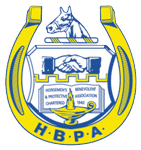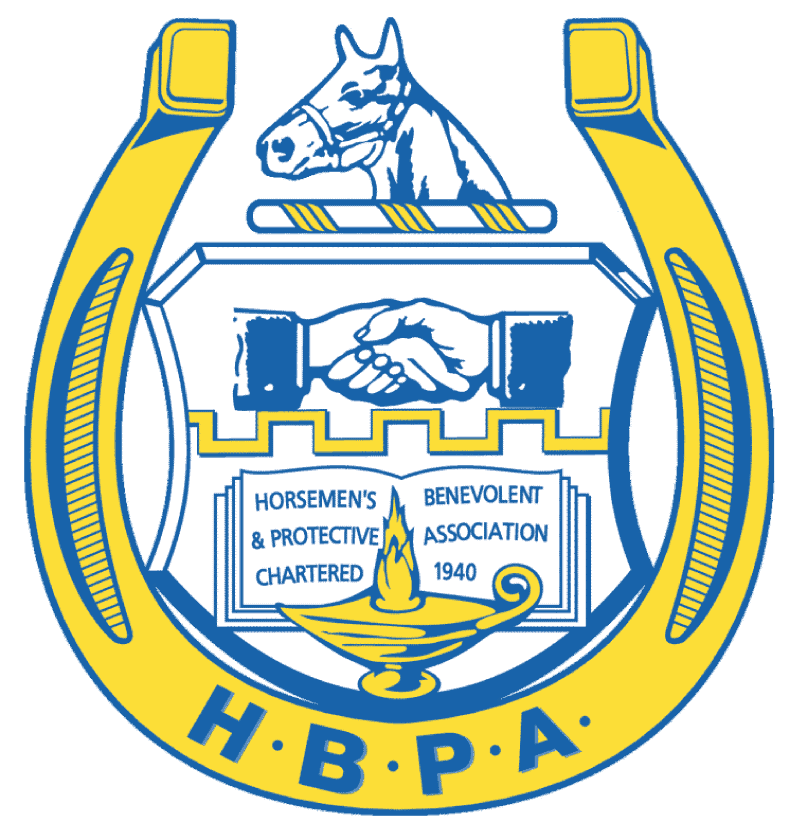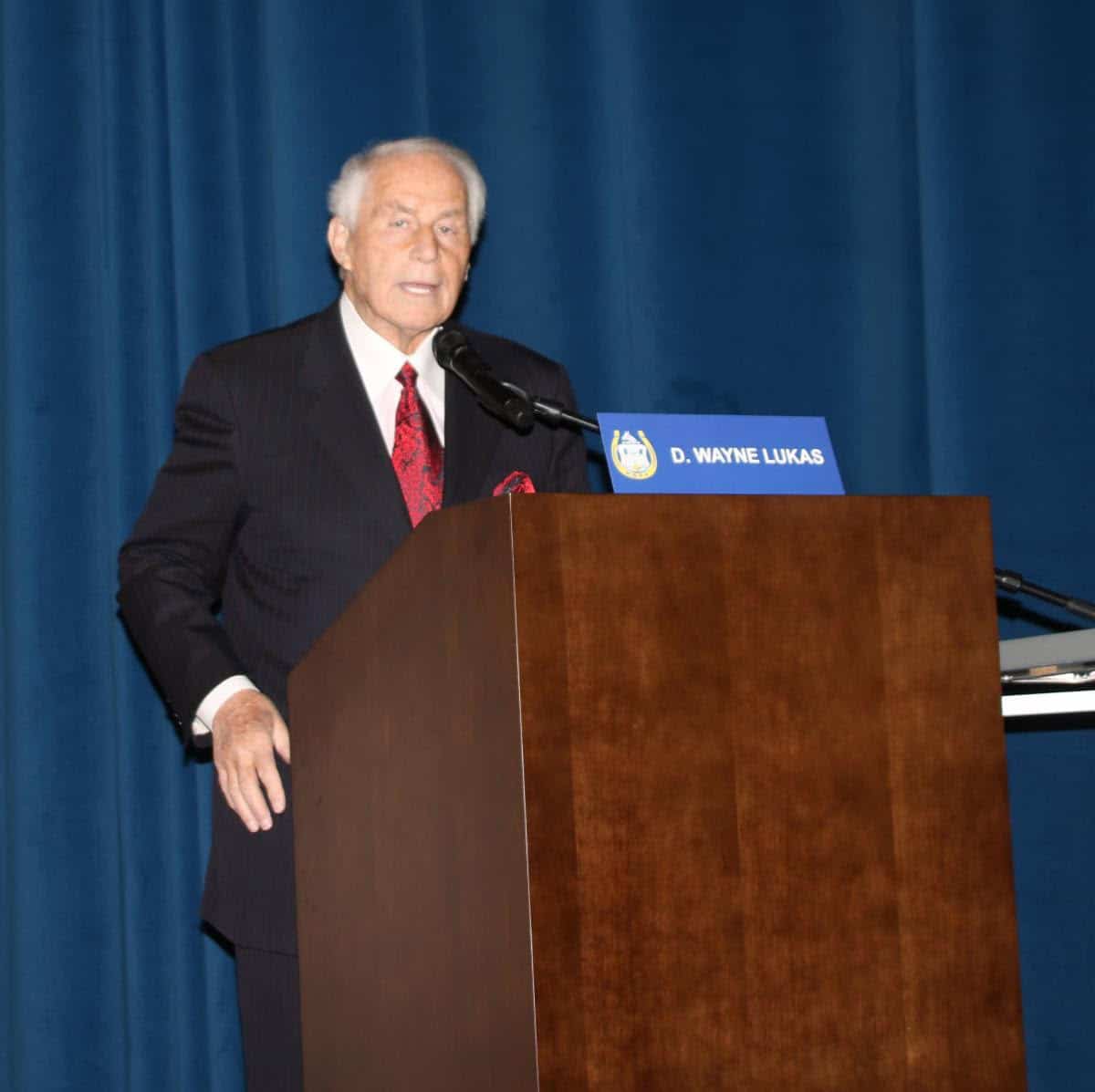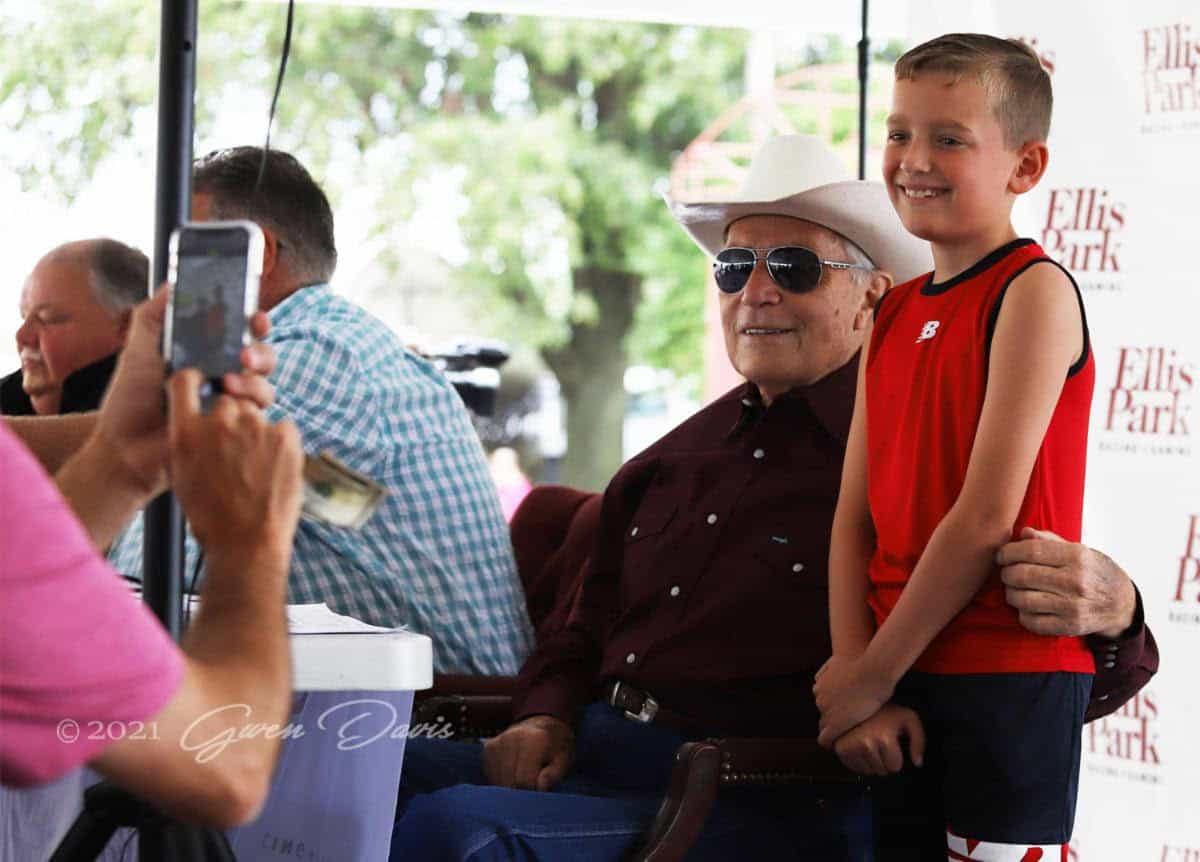AHC: New Equine Medication Bill Introduced
Blood-Horse
Three members of Congress June 4 introduced legislation to regulate equine medication and drug testing—but it’s not the same bill proposed by U.S. Rep. Paul Tonko of New York and endorsed by a Thoroughbred industry coalition.
The American Horse Council, which represents all breeds of horses in Washington, D.C., said Reps. Joe Pitts of Pennsylvania, Jan Schakowsky of Illinois, and Anna Eshoo of California introduced a bipartisan bill called the Horseracing Integrity and Safety Act of 2015. The AHC said the measure is similar to one introduced by Pitts and Sen. Tom Udall of New Mexico last year.
The legislation would place the United States Anti-Doping Agency as the authority over equine medication policy, drug testing, and enforcement. Like the Tonko proposal, any racing jurisdiction would have to comply with USADA to send and receive interstate simulcasts under the Interstate Horseracing Act.
It wasn’t immediately known if the bill has the support of the newly-formed Coalition for Horse Racing Integrity, which supports the Tonko proposal. It is, however, another indication the Thoroughbred industry is at odds over how to approach uniformity in equine medication and drug testing.
The bill, according to the AHC, would prohibit a racehorse from receiving any medication on race day. The commonly used anti-bleeding drug furosemide, also known as Salix or Lasix, would have a two-year exception.
The Tonko proposal doesn’t address Salix, though it gives USADA and the proposed Thoroughbred Horseracing Anti-Doping Organization authority over which drugs, if any, can be administered.
The AHC, in explaining the bill, said USADA “has the authority to exclude any person from racing for the first violation of the rules against the use of any prohibited medication and for the third violation of the rules against the use of permitted medications. USADA has discretion to suspend any exclusion if a person assists in identifying other violations of the rules or federal or state law.”
As for the IHA, a 1978 law that governs interstate simulcasts and advance deposit wagering, the bill prohibits interstate wagering without the consent of USADA, the AHC said. USADA would be “charged with ensuring that all costs incurred in carrying out its duties and responsibilities under the new law are paid by the industry,” the AHC said.
The bill was referred to the House Committee on Energy and Commerce, where the proposed Tonko bill is expected to be introduced.
It remains to be seen how much support there is in the Thoroughbred industry for federal legislation governing equine medication and testing. Horsemen’s groups largely oppose it and The Stronach Group, which owns major tracks in multiple jurisdictions, indicated June 4 it doesn’t favor federal intervention.





